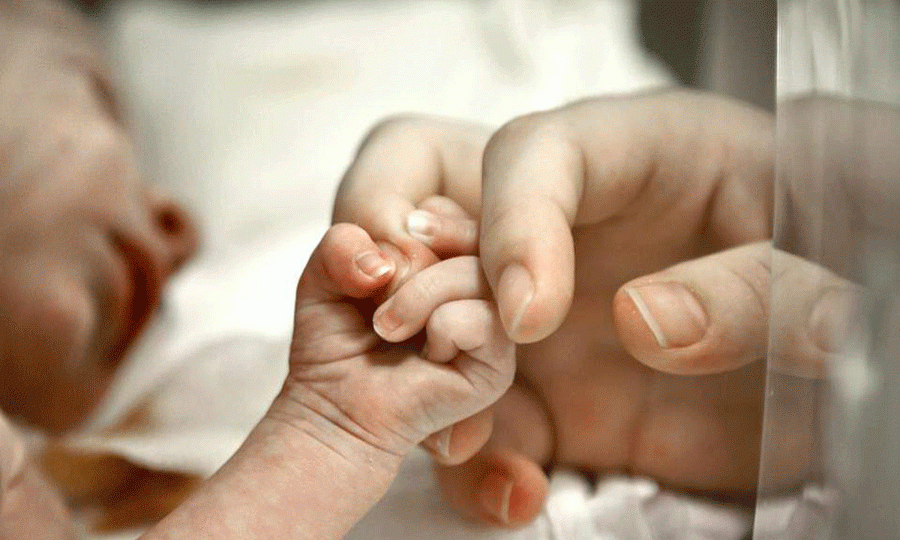
Women appealed before the ECtHR for the right to abortion in Poland. Dismissal of the applications as inadmissible
JUDGMENT
Α.Μ. and others v. Poland 08.06.2023 (app. no. 4188/21, 4957/21, 5014/21, 5523/21, 5876/21, 6114/21, 6217/21, 8857/21)
SUMMARY
The applications concerned restrictions on abortion rights in Poland. The applicants alleged in
particular that, following amendments to the legislative framework in 2020, they have effectively
been banned from having access to legal abortion in the case of foetal abnormalities.
The Court found that the applicants had failed to provide any convincing medical evidence proving
that they had been at real risk of being directly affected by the 2020 legislative amendments. Nor
had they produced any documents relating to their personal circumstances, making it impossible to
assess their individual situations.
The consequences for the applicants of the legislative amendments were thus too remote and
abstract for them to arguably claim to be “victims” within the meaning of the European Convention
of Human Rights.
There are around 1,000 applications concerning restrictions on abortion rights due to foetal
abnormalities in Poland, received by the Court since 2021, which are still ongoing.
PROVISION
Article 8
PRINCIPAL FACTS
The applicants are eight Polish nationals who were born between 1980 and 1993.
On 22 June 2017 a group of 104 parliamentarians applied to the Constitutional Court to have
sections 4a(1)2 and 4a(2) of the Law on family planning, protection of the human foetus and
conditions permitting pregnancy termination (Ustawa o planowaniu rodziny, ochronie płodu
ludzkiego i warunkach dopuszczalności przerywania ciąży – “the 1993 Act”) declared
unconstitutional (case no. K 13/17). Those provisions relate to legal abortion due to foetal
abnormalities. The proceedings were discontinued.
On 19 November 2019 a similar application was lodged by a group of parliamentarians (case no.
K 1/20). On 22 October 2020 the Constitutional Court held that sections 4a(1)2 and 4a(2) of the 1993
Act were incompatible with the Constitution. That judgment came into force on 27 January 2021.
Widespread, large-scale street protests followed.
Against this background, the applicants lodged their applications with the European Court using a
pre-filled application form which had been posted on the Internet by the Polish non-governmental
organisation FEDERA (the Federation for Women and Family Planning), together with legal opinions
prepared by the Commissioner for Human Rights of the Republic of Poland, the Helsinki Foundation
for Human Rights and the Polish Bar Council.
They each added a few sentences concerning their personal circumstances. Two of the applicants
alleged that they had medical conditions causing a higher risk of foetal abnormalities, while two
others were pregnant at the time of lodging their applications and worried about complications. The
remaining applicants were either planning pregnancies or stopped trying to become pregnant
following the Constitutional Court judgment because they were afraid that they would not receive
adequate medical care from the State if the foetus was found to have a serious abnormality .
THE DECISION OF THE COURT…
The Court reiterated that it was only in highly exceptional circumstances that an applicant could
claim to be a victim of a violation of the Convention owing to the risk of a future violation.
It went on to note that in order for a woman of child-bearing age in Poland to be able to claim that
she was a victim of the restrictions on access to therapeutic abortion, she would have to produce
reasonable and convincing evidence of the likelihood that a violation affecting her personally would
occur. Mere suspicion or conjecture was insufficient.
However, the applicants had failed to provide any convincing evidence that they had been at real
risk of being directly affected by the amendments introduced by the Constitutional Court’s judgment
of 22 October 2020. In particular, they had not provided any medical evidence or evidence as to
their potentially running a higher risk of foetal abnormalities. Nor had they produced any documents
relating to their personal circumstances, making it impossible to assess their individual situations.
Furthermore, with regard to the applicants’ arguments that their life or health might be endangered
in case of health problems during a future pregnancy or that they would not be able to receive
adequate medical care, the Court observed that section 4a(1)1 of the 1993 Act, authorising abortion
by law if the pregnancy endangered the mother’s life or health, was still in force.
The restrictions resulting from the amendments to the relevant legislation could thus only have
consequences for the applicants which were hypothetical, and were too remote and abstract for
them to arguably claim to be “victims” within the meaning of Article 34.
It followed that the applications had to be declared inadmissible in their entirety.


